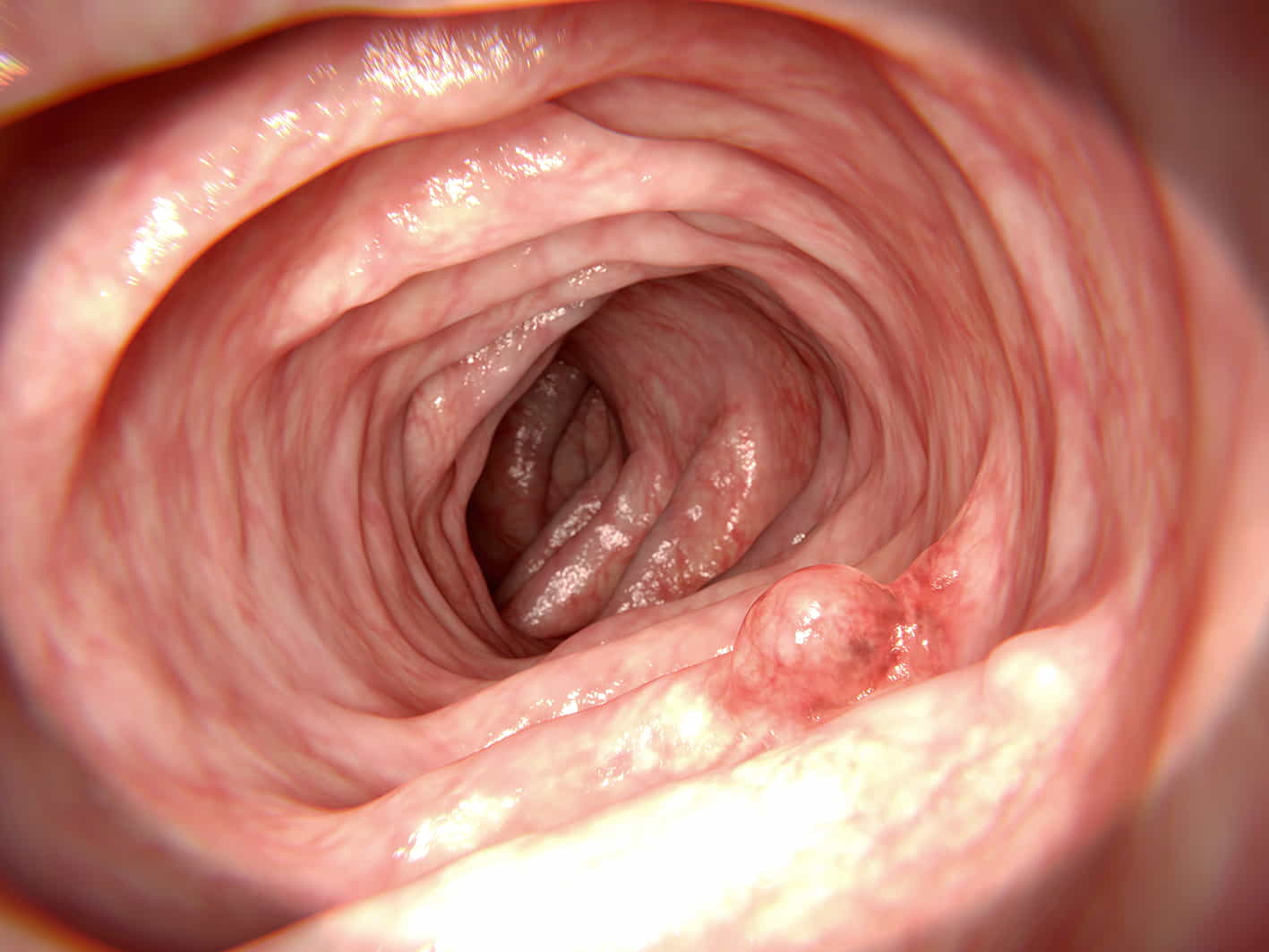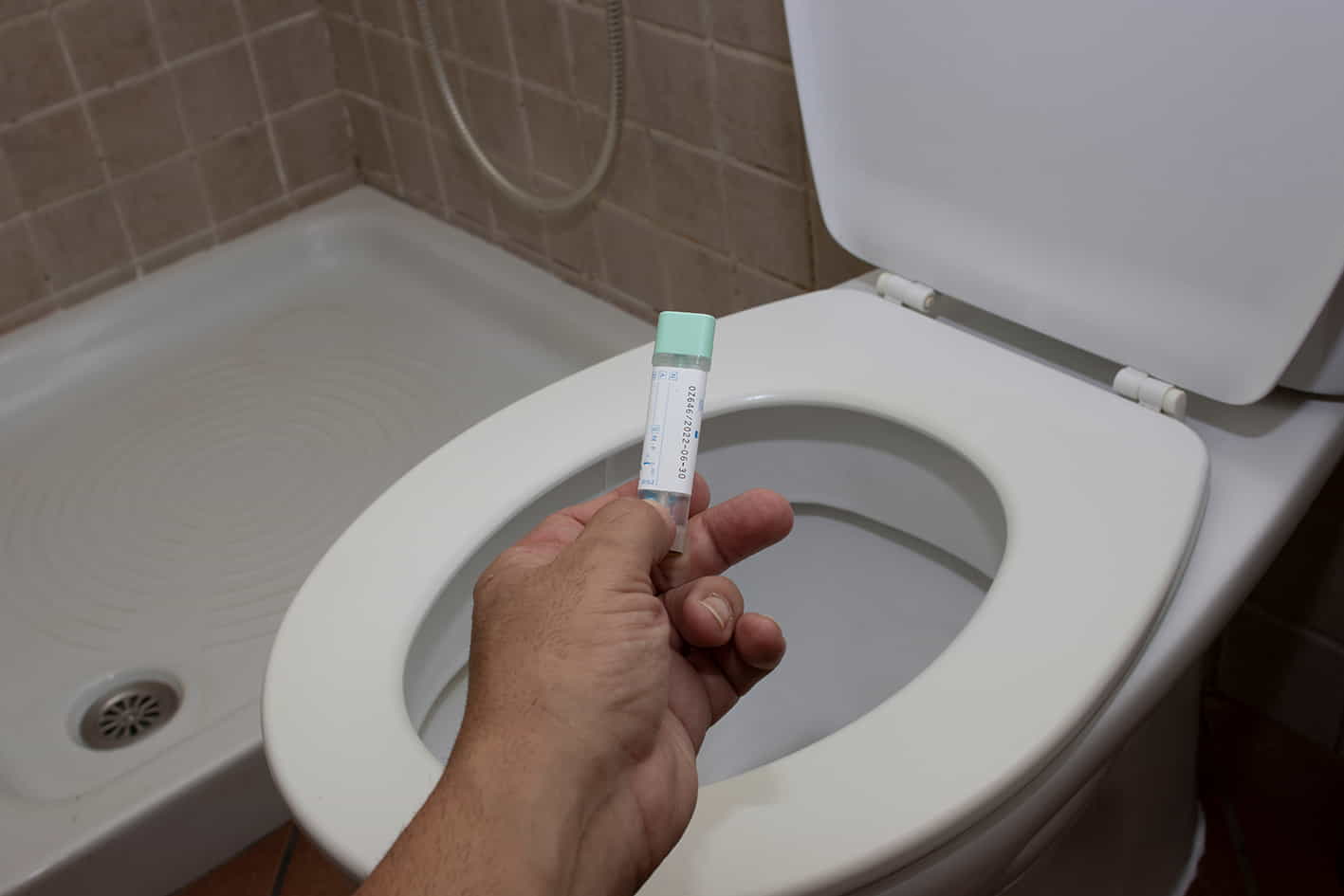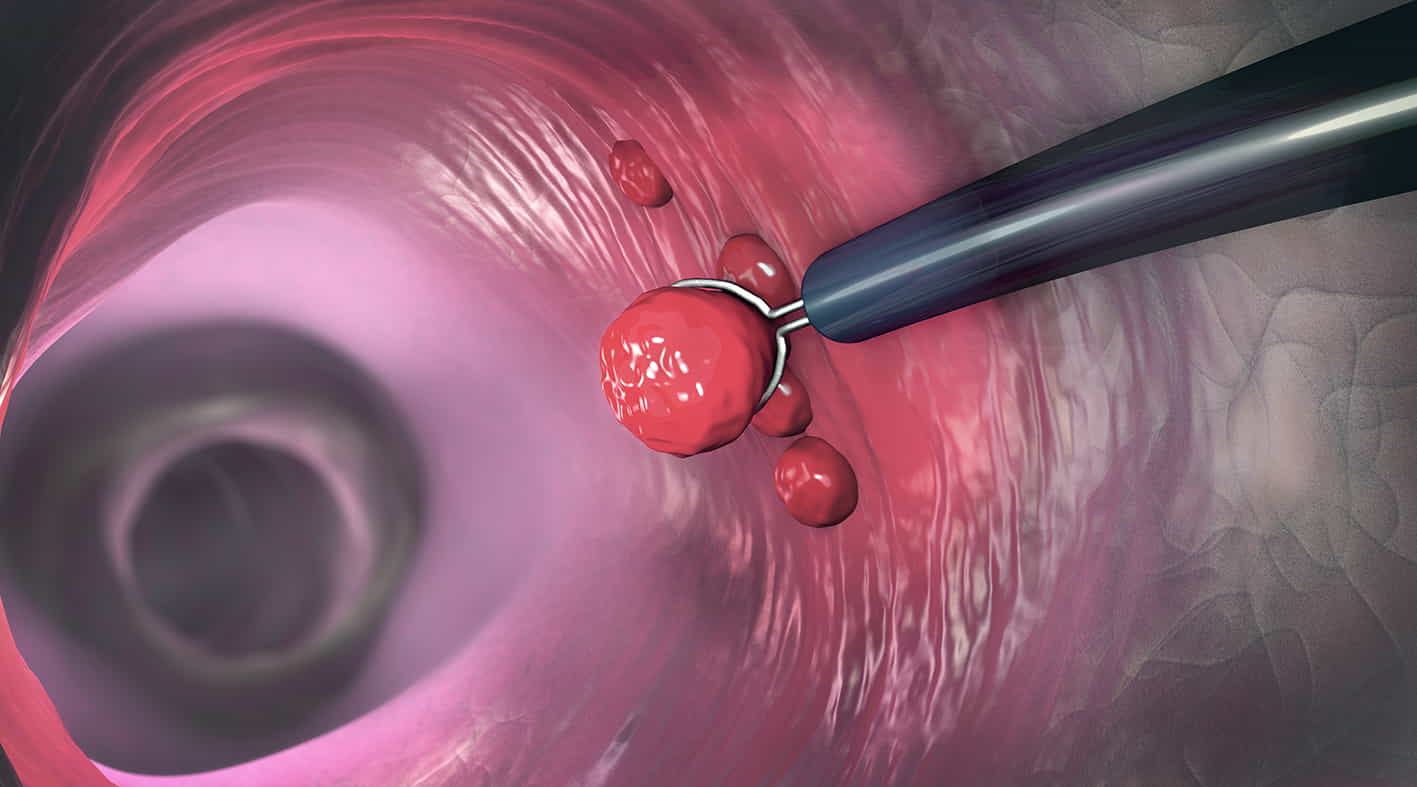Risk of Fecal occult blood (FOB)
The early symptoms of colorectal cancer include tumours or polyps in the colon and usually associates with blood in the stool. Therefore, a Faecal Occult Blood Test (FOBT) can be conducted to see if there is any blood in the stool by collecting stool specimens in tubes and sending them to the laboratory. The test is a preliminary method to screen for colorectal cancer and it is a non-invasive test that is safer and more convenient. Colorectal Cancer Screening Programme launched by the Department of Health utilises the FOBT to find people who are at risk of having colorectal cancer and provide a colonoscopy for those who have blood in the stool. Contact us for more information about the Colorectal Cancer Screening Programme and the Faecal Occult Blood Test.
It is common to have gastrointestinal (GI) infections but it is important to pay more attention to the form and colour of the stool. If the stool is dark brown or black in colour or with flesh blood, it is recommended to receive further examinations as soon as possible. However, the blood in stool is just a symptom of colorectal cancer. It can be due to a number of other conditions, such as colon polyps, anal fissure, piles, ulcer in the lower GI tract etc. It is recommended to seek medical assistance and conduct tests to investigate the cause of the bleeding.

血便判斷
血便不一定為肉眼看到大便有顏色的轉變或伴有鮮血。當腸道內壁的瘜肉初步出血,大便內有可能含有看不見的血液(又稱隱血)。其實血便十分常見,無論任何年齡、性別,都有機會發生血便的可能。
血便的型態及顏色
血便是指大便中含有血液,而血液一般從消化道至肛門出血而成,再與大便混合。血便顏色一般會由出血的位置而出現鮮紅色、暗紅色,或黑色。
鮮紅色血便代表什麼?
鮮紅色血便一般是指下消化道出血、肛門附近位置有痔瘡(包括外痔 / 內痔),或出現肛裂的情況,致血便的情況。
暗紅色或黑色血便代表什麼?
如果大便呈暗紅色或黑色,一般是指上消化道出血、大腸的腫瘤或瘜肉出現出血的情況。
出現血便時會感到痛嗎?
便血的出現不一定會令患者出現疼痛的感覺。如果便血是因上消化道或下消化道的瘜肉出血,或腸胃內壁出血的情況,患者未必會感到疼痛。若患者排便時出現肛門疼痛,加上有血便的情況,就有機會是因為痔瘡,或肛裂而致的疼痛感.
有懷疑的患者可根據醫生的建議,進行大便隱血測試、大腸鏡檢查,或相關的檢查。

Procedure to collect specimens for the FOBT
It is a simple procedure to collect specimens for the FOBT and it can be done at home on your own. The followings are the steps for specimen collection:
Step 1: Place a holder for collecting the stool in the toilet bowl, then open your bowels
Step 2: Twist lid off the FOBT tube and scratch sampling probe across stool surface in all directions
Step 3: Insert the sampling probe back into the FOBT tube, screw the lid tightly and handle the tube with care
Step 4: Seal the FOBT tube into the small plastic bag and return it to a designated specimen collection point
Precautions of FOBT
It is recommended to prepare a holder, such as a plastic bag, for collecting the stool in the toilet bowl, to avoid the specimens from contacting with urine or toilet water and interrupt the test results. Returned the specimen to a specimen collection point within 4 days of collection. As the FOBT is to see if there is blood in the stool, it is also recommended to avoid collecting specimens on the day when the pile bleeds to avoid contamination of the sample.
FOBT Result
A negative FOBT result means that no blood is detected in your stool. It is recommended to pay more attention to the bowel habits, the forms and colours of the stool. If the following symptoms of colorectal cancer or any other suspicious conditions are found, it is recommended to seek medical assistance as soon as possible.
.Blood in the stool
.Anaemia
.Change of bowel habits (including constipation and diarrhoea)
.Persistent diarrhoea
.Unexplained belly pain
.Polyps, abnormal cells

FAQ for FOBT
1. 1. How do I take a FOBT?
You can take a free FOBT to see if there is blood in your stool, if you are eligible to join the Colorectal Cancer Screening Programme subsidised by the Department of Health. For those who do not fulfil the criteria for the programme, it is recommended to make enquiries to medical institutions for relevant tests and the fees.
2.The result of my FOBT screening is positive, do I have colorectal cancer?
A positive FOBT result means that blood is detected in your stool. This can be due to a number of other conditions apart from colorectal cancer, such as ulcer or bleeding polyp in your colon. You should discuss with your doctor regarding further investigations to look for the cause of the bleeding.
3. Can I take a FOBT if I have blood in my stool?
It is not recommended to take a FOBT if you have blood in your stool, and you should seek medical assistance immediately. Seek medical assistance and conduct further investigations if you have doubts.
4. Is FOBT accurate?
FOBT is an initial screening for colorectal cancer to see if there is bleeding in the colon. You may consider conducting a colonoscopy for a more accurate result regarding the health of your colon and the condition of the colon polyps. If there are any polyp or suspicious conditions found during the colonoscopy exam, the polyp removal procedure and biopsy can be carried out right away.




